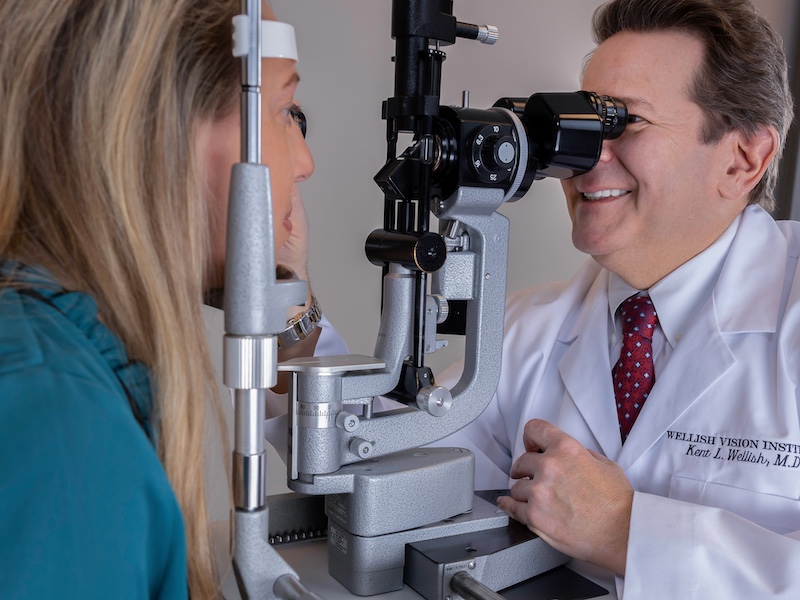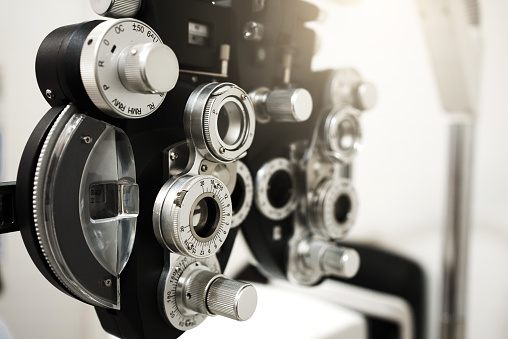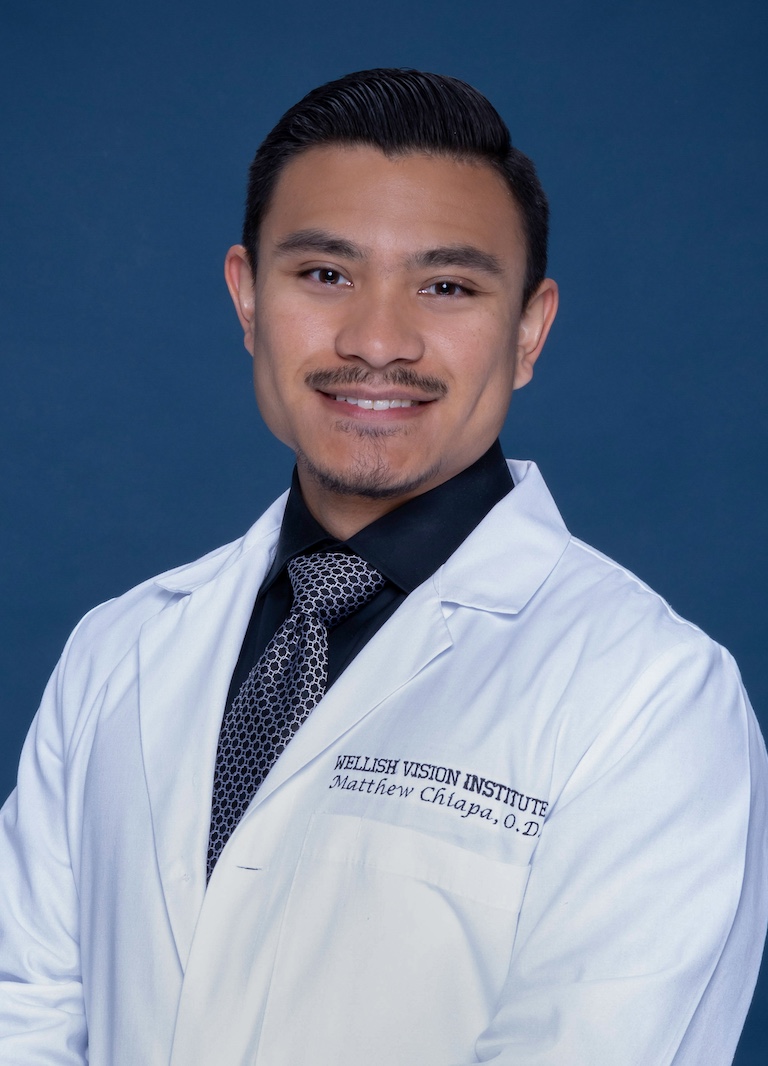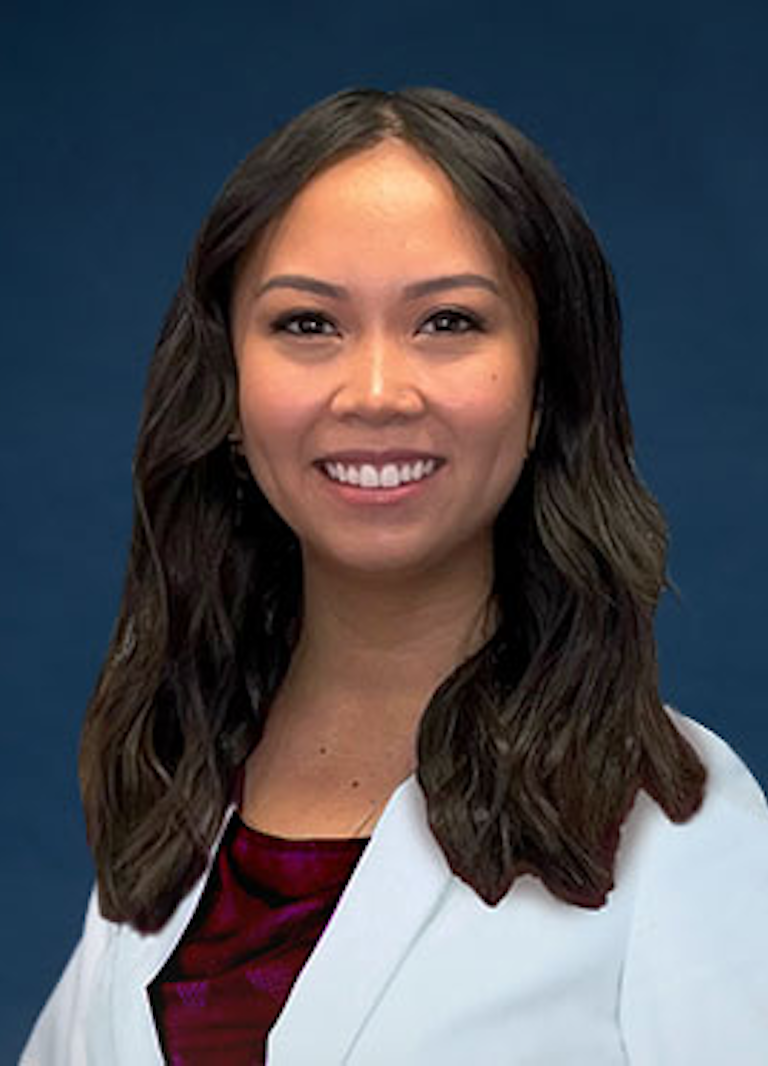Who Needs A Comprehensive Eye Exam?
Everyone needs routine comprehensive eye exams throughout their lifetime, including people with perfect vision. These assessments support eye health and make it easy to identify small changes to your vision that can occur over time.
Also, your eyes are windows to your overall well-being. During comprehensive eye exams, optometrists can detect serious health conditions like diabetes — often before patients notice symptoms.
When Should I Get A Comprehensive Eye Exam?
Comprehensive eye exams have important diagnostic and preventative purposes. You should receive them throughout your lifetime, even if you don’t need contacts or glasses.
As a general rule of thumb, the American Optometric Association recommends that patients schedule a medical eye exam at these times:
- Infancy: Babies should get a comprehensive eye exam between 6 and 12 months of age and at least once between 3 and 5 years old.
- Childhood: Children aged 6 to 17 years should receive annual comprehensive eye exams.
- Adulthood: People aged 18 to 64 should schedule a comprehensive eye exam at least once every two years.
- Senior Years: People aged 65 and older should receive yearly comprehensive eye exams.
You may need medical eye exams more frequently if you have certain risk factors, such as a family history of congenital cataracts, glaucoma, and age-related macular degeneration. Your doctor may also recommend frequent exams if you have health conditions that can affect your eyes, including autoimmune diseases, diabetes, and heart disease.
An eye doctor can recommend the best exam schedule based on your unique needs.






